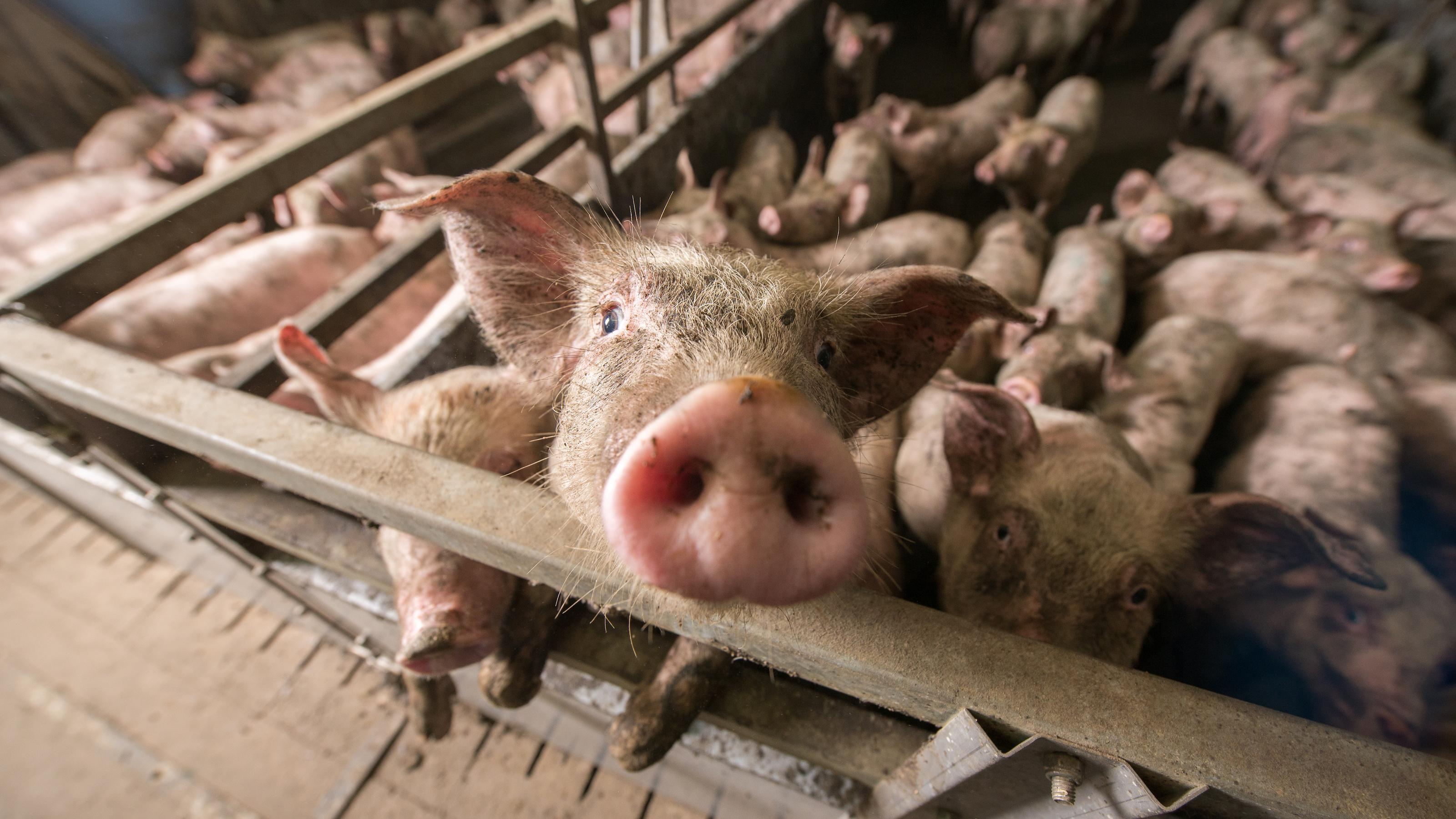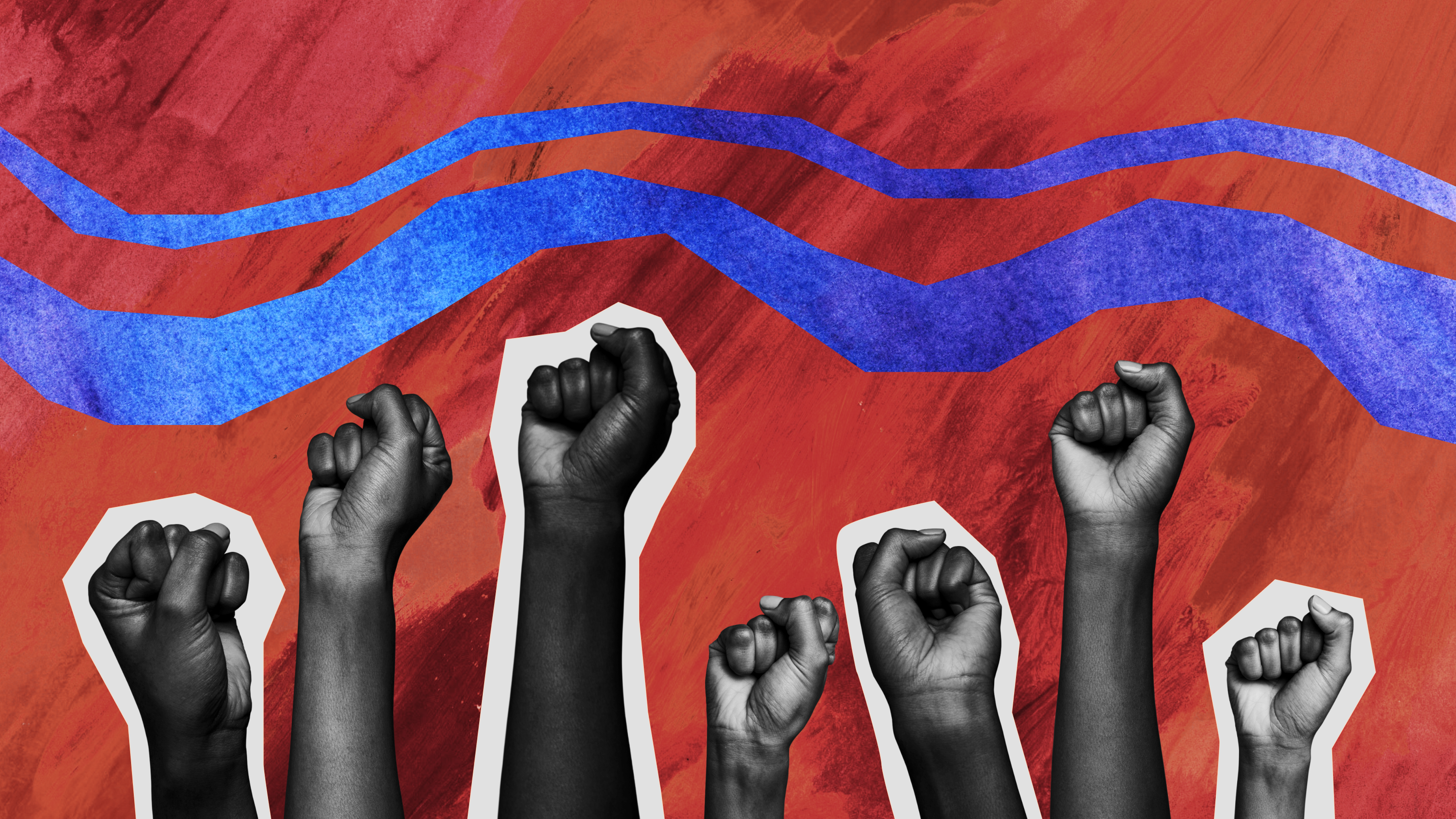The case for sparing 46 million turkeys this Thanksgiving

- The Thanksgiving turkey pardon is a relatively recent tradition, started as a marketing event in the 1940s and formalized by President George H. W. Bush, where the president ceremonially “pardons” a turkey, sparing it from being eaten.
- Singer argues that the tradition serves to alleviate ethical discomfort over Thanksgiving’s mass turkey slaughter, with around 46 million turkeys consumed annually.
- His new book, Consider the Turkey, hopes to show how mass turkey production is ethically flawed.
Pardoning the Turkey
The United States has many strange practices, but one of the oddest is surely the annual ritual of “pardoning” a turkey before Thanksgiving. Although President Abraham Lincoln is said to have spared a live turkey who had been brought home for Christmas dinner, presidential pardons for turkeys go back only 60 years. As with so many US practices, this one began with a clever marketing idea: the National Turkey Federation presented a live turkey to President Harry S. Truman for Thanksgiving dinner. The presentation made the media, and after that, it became an annual event. In 1963, President John F. Kennedy received a turkey who draped around his neck, had a sign saying, “Good Eating, Mr. President.” Face-to-face with the turkey, the president said, “We’ll just let this one grow.” His immediate successors didn’t follow his example, but President George H. W. Bush did, and from then on, every president has continued to “pardon” a turkey, or sometimes two turkeys, just before Thanksgiving.
Criminal turkeys
The US Constitution authorizes the president to grant a pardon for a federal crime, but no one has ever suggested a crime for which the turkeys are supposedly being pardoned. Presumably that’s because turkeys don’t commit crimes. Does it make families in the United States feel better, as they chew on the corpse of one of the 46 million turkeys killed annually for Thanksgiving dinners, to know that somewhere, two of them are still alive?
Our minds can play strange tricks, especially when we have doubts, perhaps unconscious ones, about the ethics of something we want to do. Could Americans today imagine that the spared turkey carries away the sin of the turkey dinner, as the ancient Hebrews believed that if they let a goat escape into the desert, the “scapegoat” would carry away their sins? Or is it just all a convenient alliance between the interests of producers in selling more turkeys and those of US presidents in staying on friendly terms with agribusiness? Is it at all relevant that Jennie-O, the supplier of the turkeys pardoned by President Joseph Biden in 2023 and the nation’s second-biggest turkey producer, received nearly $89 million in 2022-23 from the federal government as compensation for the deaths of turkeys it owned—millions of whom it killed slowly, by heating them to death?
Ethical intuitions
How we treat animals is fundamentally an ethical issue, and one that I have been thinking and writing about for more than fifty years. Over that time, we have made some progress, but not nearly enough, and in some respects, we have gone backward.
Mass turkey production illustrates how things have gone wrong. I do not believe that most people in the United States regard the practices I describe in my book, Consider the Turkey, as acceptable, yet by buying and consuming turkey products, they are complicit in them. So my primary motivation for writing Consider the Turkey is to inform Americans about the nature of the bird who is the centerpiece of their most celebrated meal, and about the lives and deaths of the more than 210 million turkeys commercially produced in the United States in 2022. But I hope that the book will prompt people everywhere to inquire into the lives and deaths of the animals traditionally consumed for celebrations, whether it is Christmas, Passover, or Eid.
For many of you, by the time you have finished reading my, no more ethical argument will be necessary. You will already know that what I describe is wrong. For others, I will, before the end of the book, briefly sketch a simple ethical argument that shows that to support the present industrial system of producing turkeys is wrong.





